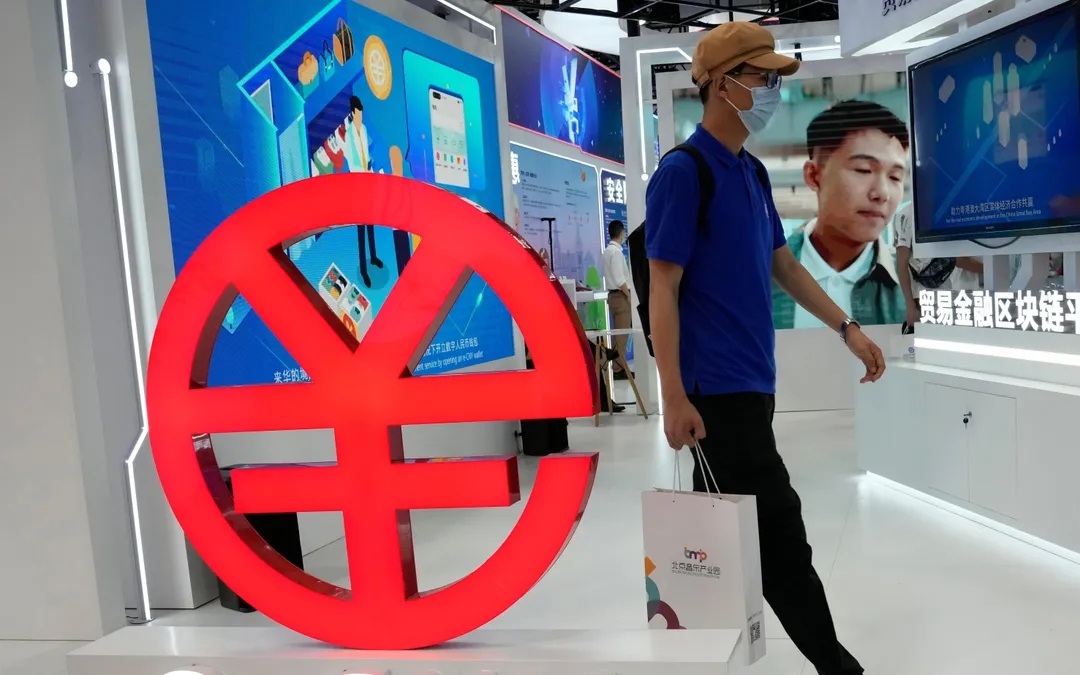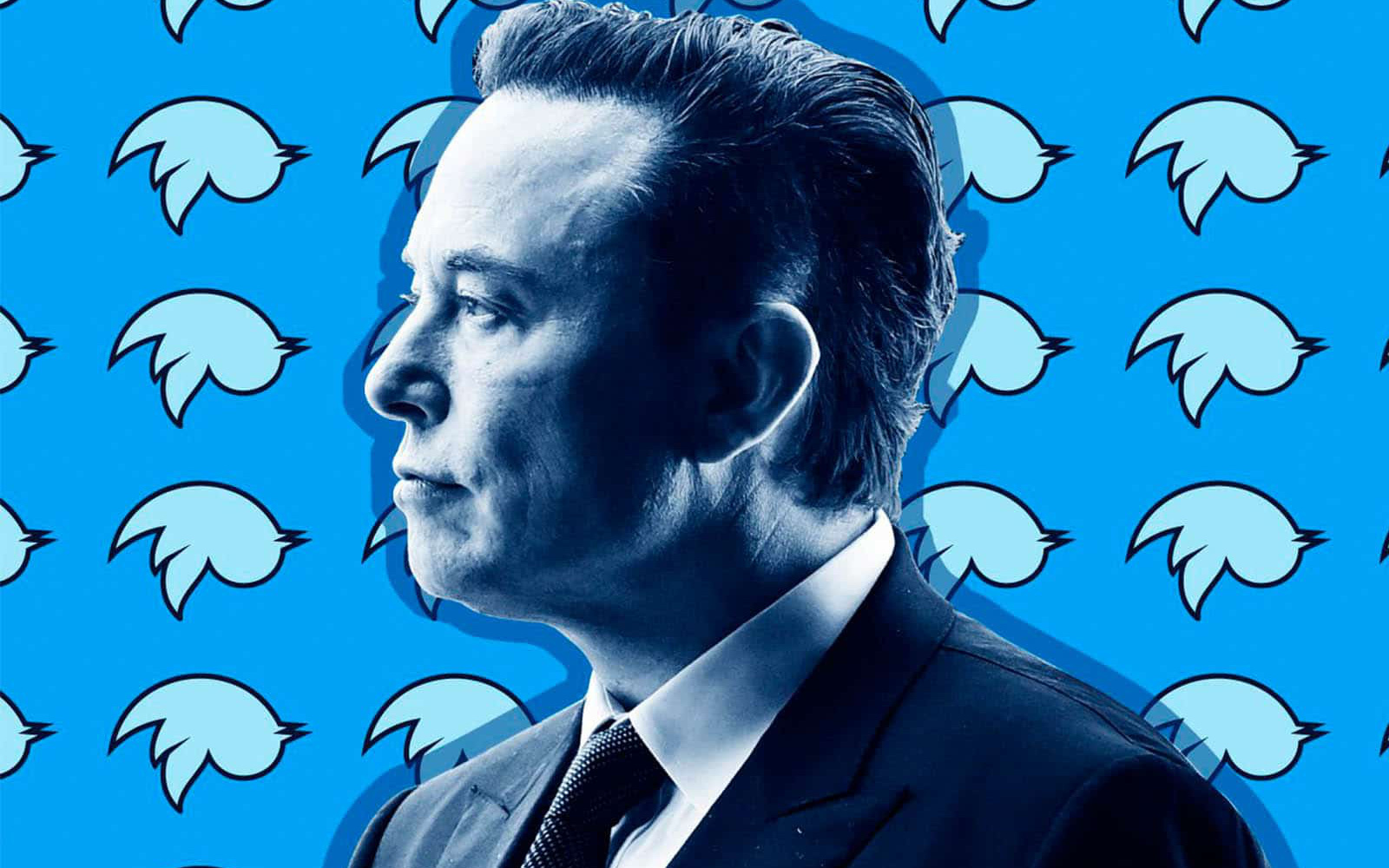Silicon Valley supply chain company Flexport wants to dethrone Amazon “giant”
Freight is a trillion dollar industry and has long depended on email and even phone calls for communication. But there’s a new generation of startups using technology to solve the biggest problems in complex global supply chains, 10 of which make up the CNBC Disruptor 50 list (the 2022 CNBC Disruptors list is the 50 list). privately held companies that are growing and innovating through a challenging market and volatile world, while inspiring change for their larger, incumbent competitors).
Specifically, Flexport, not only topped the list of CNBC Disruptor 50 this year but also believes, it is ready to compete with the largest logistics company in the world: Amazon. That’s according to founder and CEO Ryan Petersen, though he doesn’t make the statement braggingly.
“We can become one of the biggest companies in the world if we reach our full potential,” Petersen said in an interview on CNBC’s “TechCheck” May 17. “However, there is a lot of work to be done,” he added.
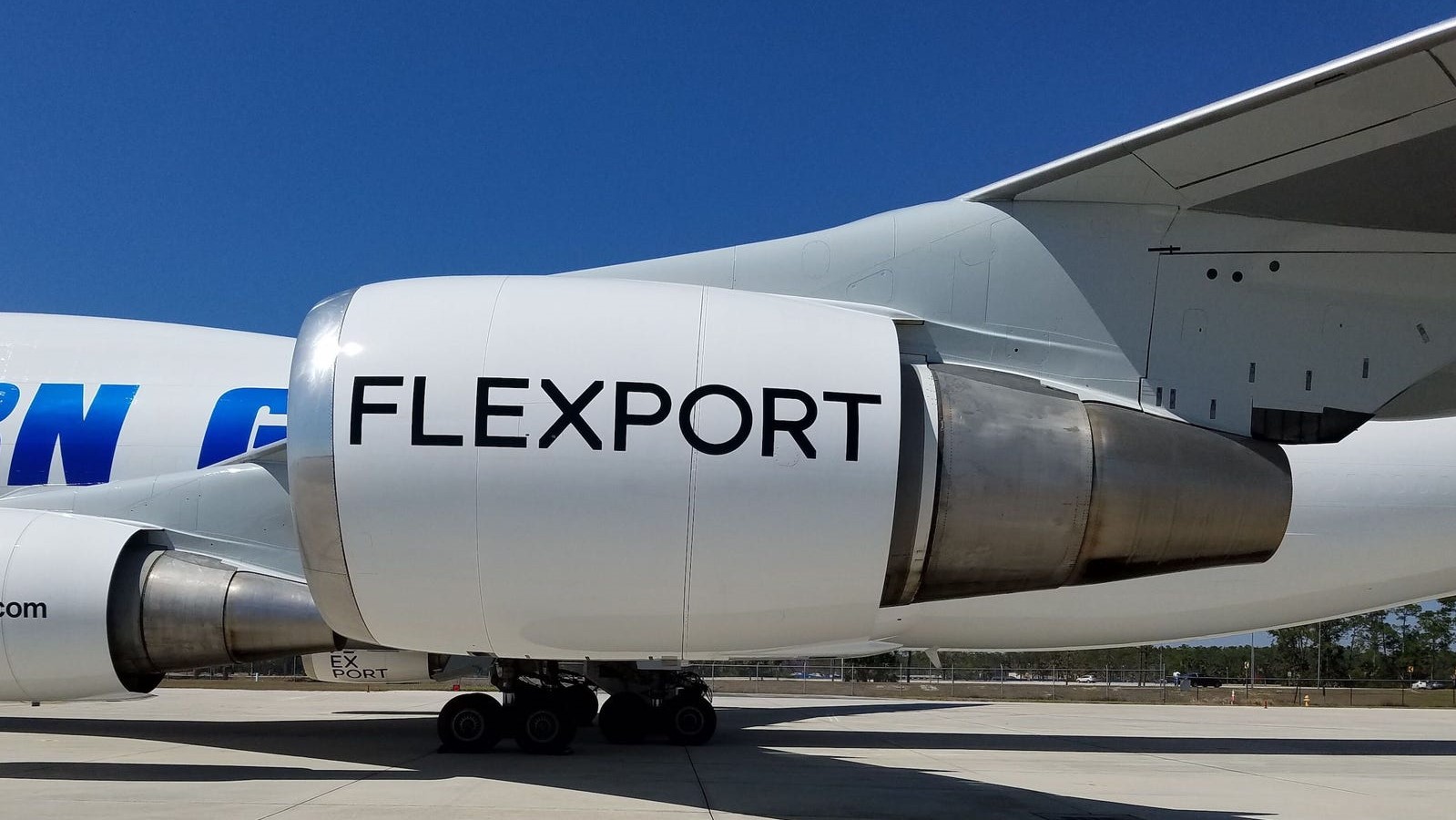
Flexport topped the CNBC Disruptor 50 in 2022, 1 in 10 logistics companies making the annual list. Photo: @AFP.
“Amazon is the best logistics company in the world, and I say it very modestly, because I want Flexport to be the best logistics company in the world,” said Petersen. “But we haven’t earned that right yet, and I’m really looking up Amazon and trying to learn as much as I can from how they operate,” he said. “There’s still a lot of hustle in that company.”
Petersen started Flexport in 2013 because he realized there had to be a better way to manage the flow of goods that are loaded onto freight trains, planes, trucks and rail and shipped around the world. The company’s freight forwarding and brokerage services are cloud-based, allowing the company to analyze costs, container efficiency and greenhouse gas emissions more quickly and accurately than other companies. old system.
In 2019, before the pandemic, Flexport had $650 million in sales. Last year, revenue over 3 billion USD. This year, they’re on track to hit $5 billion, according to Petersen.
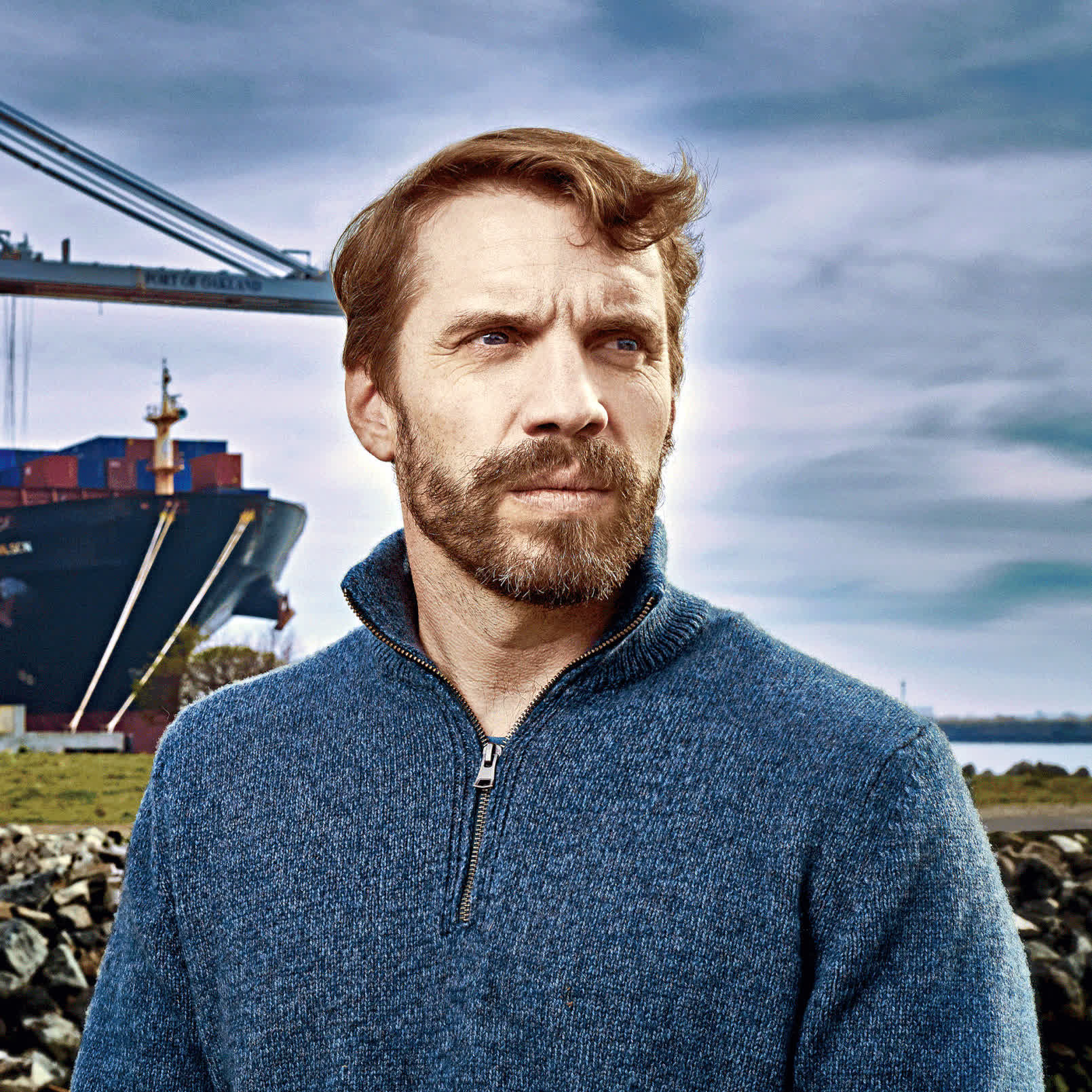
“We can become one of the biggest companies in the world if we reach our full potential,” says Ryan Petersen, founder and CEO of Flexport, which is on track to hit the mark. $5 billion in revenue. Photo: @AFP.
“We’re still a small piece,” he said. “We think we’re accounting for less than 1% or 2% of global container shipping and that doesn’t count towards all of our other businesses – air freight, customs, insurance. We have a trade finance team that does inventory financing.”
“It’s a huge space with very, very little technology in place,” Flexport investor David George, a general partner at Andreessen Horowitz, told CNBC. The company has more than 10,000 customers and suppliers in 112 countries as of 2021.
The company uses data technology to streamline the movement of goods on ships, planes, trucks and railways, analyze costs, and improve container performance. What’s particularly notable is that the platform is used not only by Fortune 500 companies, but also by emerging brands – the company says its customers have moved nearly $19 billion la goods across 112 countries by 2021.
“Technology has a huge role to play,” Petersen told CNBC. But growing from a small market share even with the rapid growth Flexport is experiencing will require relationship building as much as innovation. “We had to convince different parties to change the way they were working,” he said.
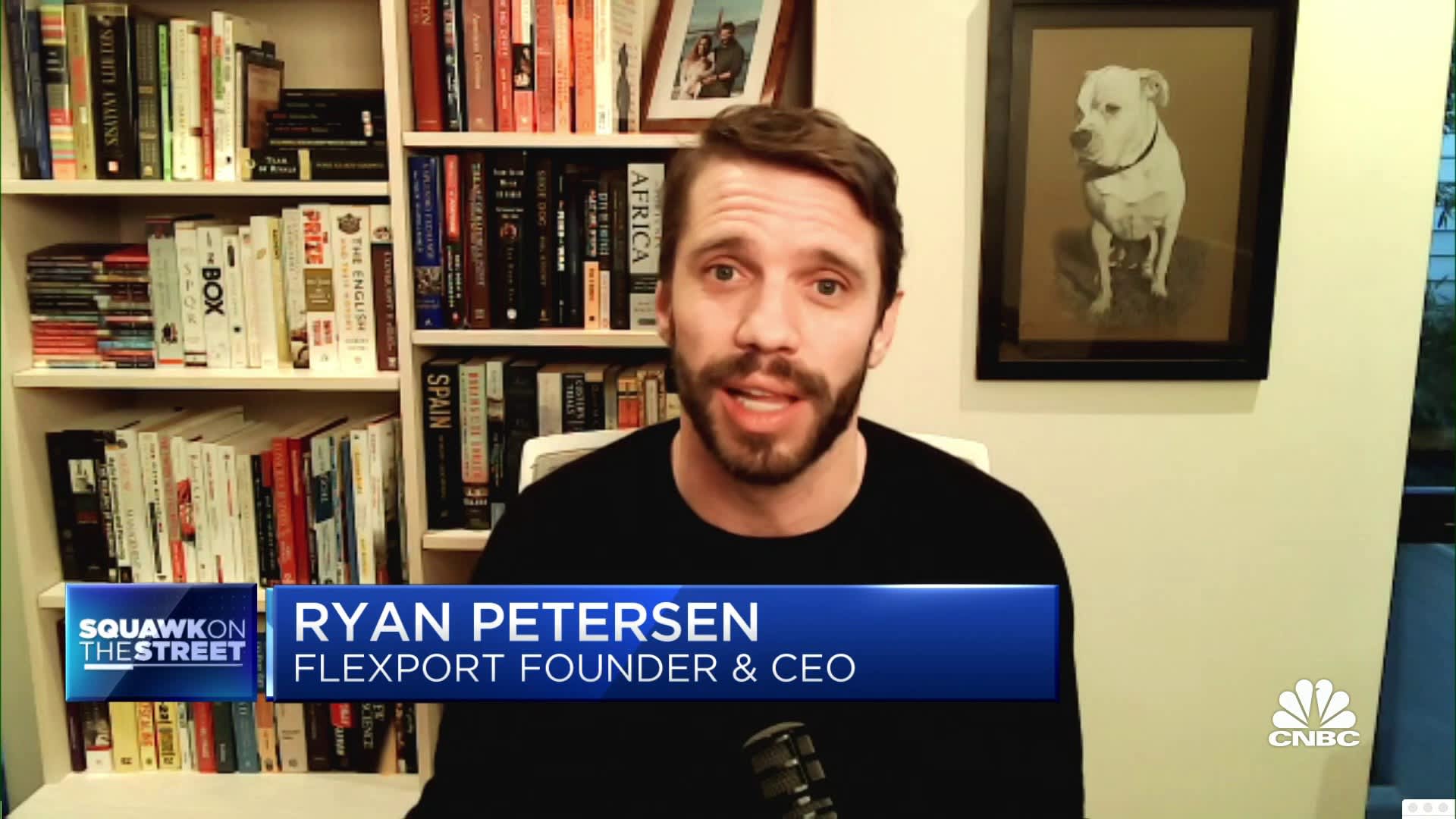
The freight technology startup, led by CEO and founder Ryan Petersen, is tackling the supply chain problems that are rocking the global economy. Photo: @AFP.
In February 2022, the company announced a $900 million Series E funding round at an $8 billion valuation, with investors including Andreesen Horowitz, Shopify, and Softbank. With the new financing, the company said it plans to start expanding into new markets and accelerate the development of the technology.
As the supply chain remains defined by uncertainty, Petersen is hesitant to make any predictions, but says the company is seeing demand disruptions.
“We’re definitely seeing a slowdown in consumer demand,” said Petersen. Amid market volatility and other inflationary pressures over the past year, Petersen also said he faced internal pressure to take the company public.
“I think the market has gotten too hot,” he said. balanced against the market frenzy and we’re very, very happy that we did.”
at Blogtuan.info – Source: danviet.vn – Read the original article here


